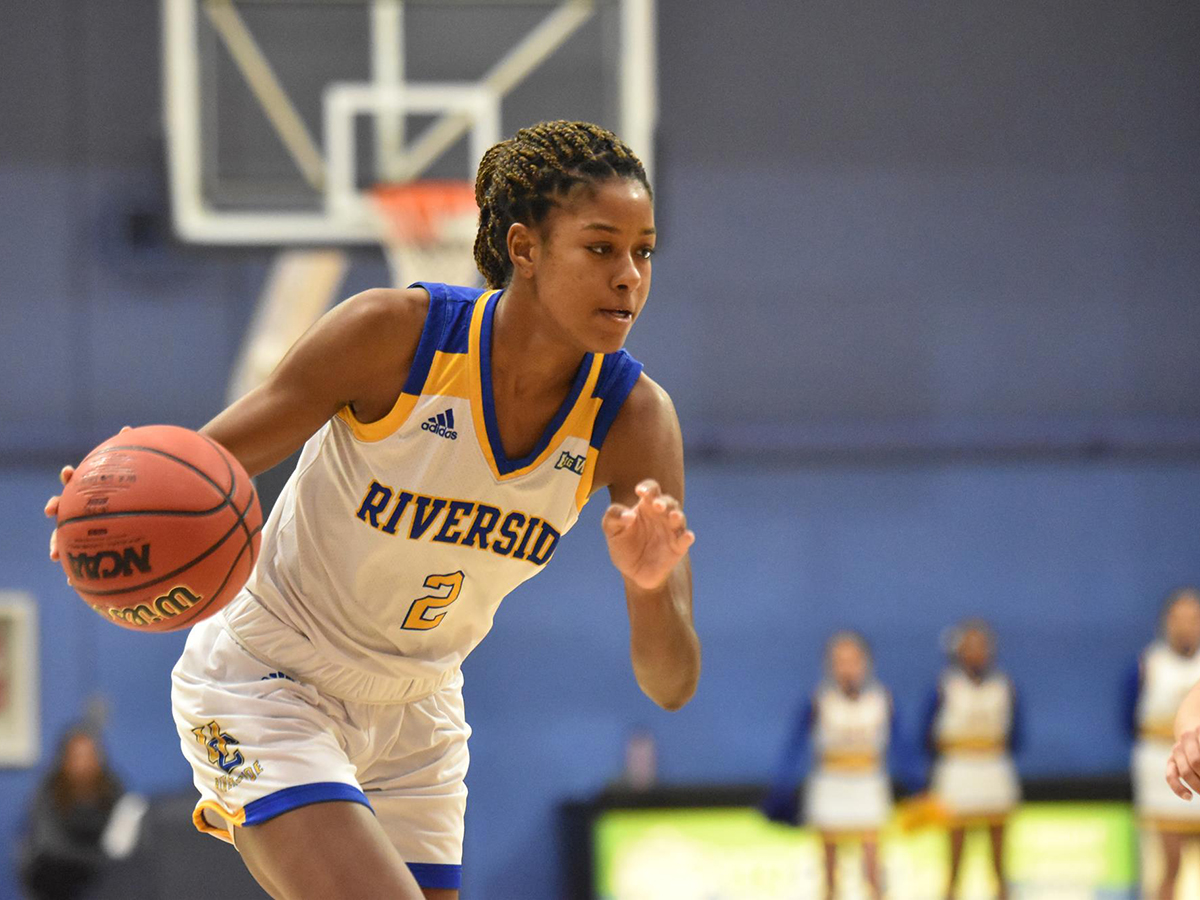Due to the onslaught of COVID-19 and the subsequent losses in revenue and funding, UCR’s Budget Advisory Committee (BAC) released recommendations over the summer of the best methods to keep the school’s budget balanced. There were a couple major areas of potential cuts, but the possible elimination of UCR Athletics has proved to be a point of contention for many.
On Tuesday, Nov. 2, Chancellor Kim A. Wilcox sent out a mass email to students and faculty, announcing the formation of the Intercollegiate Athletics Working Group (IAWG), a committee dedicated to conducting research and advising on the long term sustainability of the athletics program, as well as redefining the role of intercollegiate competition at UCR. The group is comprised of 12 official members, all representing different backgrounds and relationships to the university as well as the UCR Athletics, in the interest of securing a holistic decision. Currently, they are scheduled to meet at least once every two weeks and are expected to have their recommendation report submitted by the beginning of February 2021.

In an interview with The Highlander, IAWG Chair and Vice Chancellor of Student Affairs Brian Haynes delved deeper into the reasoning behind the committee’s formation. He admitted that unlike other Division I programs, UCR’s Athletics department relies heavily on university funding, thus elimination had to be considered. Nonetheless, Haynes affirmed that he and the other members of IAWG are hopeful and committed to finding a solution that will benefit everyone. “I plan to help steer a comprehensive review of UCR’s Athletics program, including its current role in the life of our campus community and whether another model may better serve the campus,” Haynes stated.
One IAWG member, Katherine Kinney, associate professor of English as well as Chair of the Academic Senate Committee on Planning and Budget (CPB), elaborated on her role in the group. The CPB serves as an advisory group within the Academic Senate, conferring with the chancellor and provost to discuss matters of planning, budgeting and resourcing allocations. As a representative of the Academic Senate, it is her job to consult the CPB and talk about the issues that are raised by the IAWG and relay the resulting information back. Kinney stated that her ultimate goal is to ascertain that all in the working group “keep the teaching and research missions of the University clearly in mind” during their discussions.
Another committee member, Tamica Smith Jones, the UCR intercollegiate athletics director, also emphasized the importance of the IAWG and their pending final decision to the university, though her views are a little different from Kinney’s. “It is important to reinforce that our Athletics Department is aligned with the mission of this university in creating opportunities for underserved populations,” she stated. Jones stressed that the sports program provides valuable college opportunities to numerous young student athletes who may not have otherwise had the chance; she maintained that guaranteeing said opportunities for the hundreds of student athletes who attend UCR is integral to “who we are as a university and as a rising campus amongst UC’s.”
According to Haynes, the group still has yet to decide the best course of action for receiving wide-ranging input from affected communities, like the students. However, the IAWG has reportedly included several key members who are directly involved with the UCR student population, such as ASUCR President Luis Huerta, which will help ensure that a connection to the student body is maintained.
In the meantime, Haynes stated that the committee will be holding its first town hall meeting for student athletes on Friday, Nov. 13.







